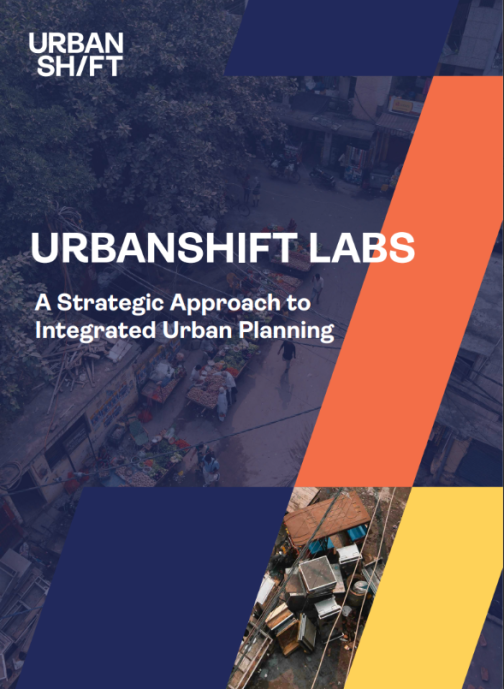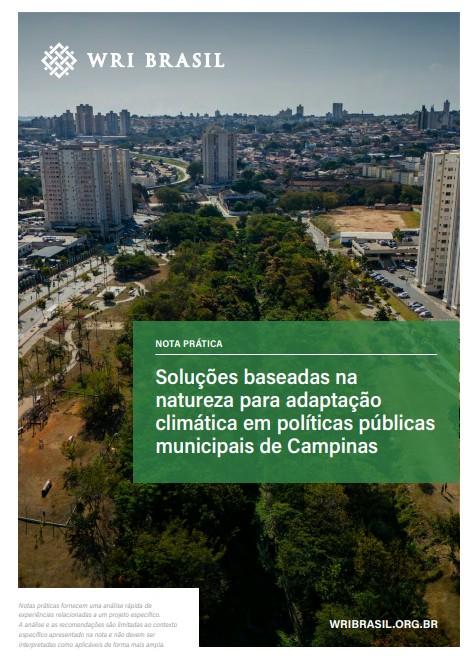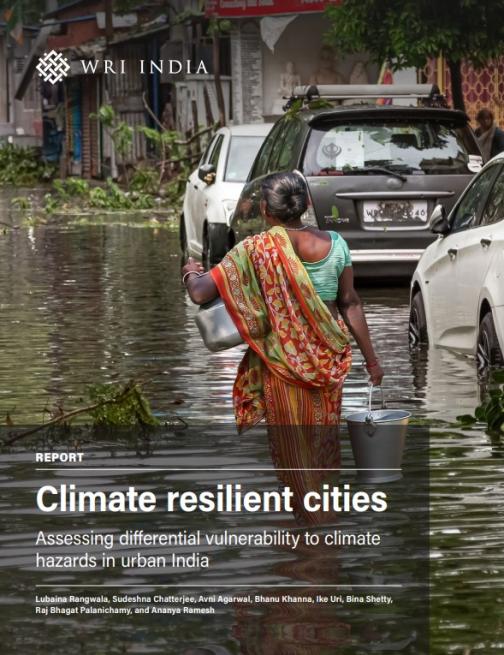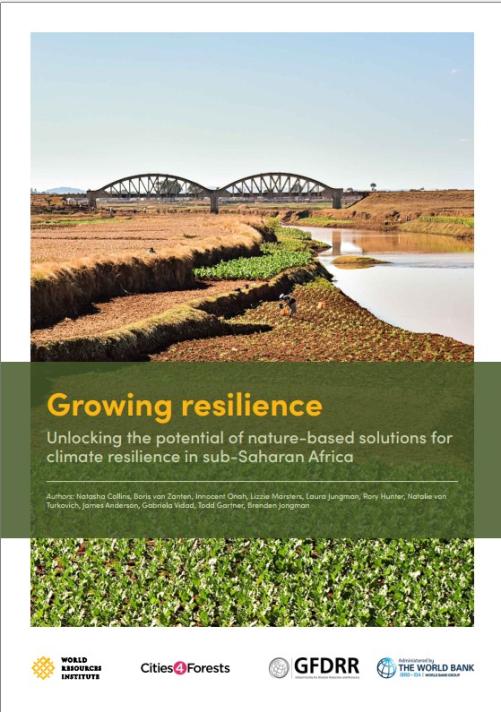Rogier van den Berg
The World Resources Institute(WRI), established in 1982, is a global nonprofit organization with the mission of moving human society to live in ways that protect Earth’s environment and its capacity to provide for the needs and aspirations of current and future generations. With twelve offices around the world, WRI partners with leaders in government, businesses, civil society, and multi-lateral institutions and works in more than fifty countries to research, design, and carry out practical solutions that simultaneously improve people’s lives and ensure nature can thrive.WRI categorizes its work around seven urgent global challenges:Food, Forests, Water, Ocean, Cities, Energy, and Climate.
The Ross Center for Sustainable Cities is WRI's program dedicated to shaping a future where cities work better for everyone. Comprised of international experts in urban planning and development, mobility, energy efficiency, resilience, housing, water management and more, the Ross Center focuses on integrated solutions to new and long-standing urban challenges, primarily in the global South. Through innovative research, deep engagement, and global partnerships, the Ross Center's network of local and international experts puts cities on a trajectory of more sustainable and equitable development, catalyzing and accelerating transformative initiatives that turn cities into resilient, inclusive, low-carbon places that are good for people and the planet.
Staff & Experts
Meet the staff and experts from WRI that form part of the UrbanShift team.
RELATED CONTENT

UrbanShift Labs
Summarizing insights and lessons from eight of UrbanShift's Labs, this report offers a template for furthering geospatial analysis in cities.

Soluções baseadas na natureza para adaptação climática em políticas públicas municipais de Campinas
Como Campinas priorizou formalmente as SBN em seus Planos Municipais do Verde, de Recursos Hídricos e de Educação Ambiental.

Climate Resilient Cities: Assessing Differential Vulnerability to Climate Hazards in Urban India
The report highlights the need to integrate equity into climate action planning in Indian cities. It examines how socioeconomic inequality and marginalization shape climate risks.

Growing Resilience: Unlocking the Potential of Nature-Based Solutions for Climate Resilience in Sub-Saharan Africa
By analyzing nearly 300 nature-based solutions projects across sub-Saharan Africa from 2012 to 2023, this report offers a comprehensive overview of NBS in the region and provides recommendations to scale NBS projects for climate resilience.







